
Rezafungin, a drug in development for the treatment and prevention of invasive fungal infections, is set to move to phase 3 trials following new data.

Rezafungin, a drug in development for the treatment and prevention of invasive fungal infections, is set to move to phase 3 trials following new data.
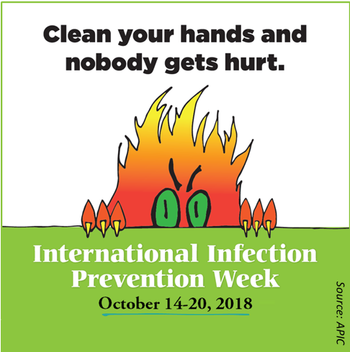
On October 16, 2018, ACIP hosted a Twitter chat for International Infection Prevention Week. In case you missed it, here are the top takeaways from the chat.

Individuals in 29 states have fallen ill with Salmonella Infantis, which has also been detected in live chicken and chicken products from 58 facilities.

A new report highlights technologies with potential to prevent and reduce global catastrophic biological risks.
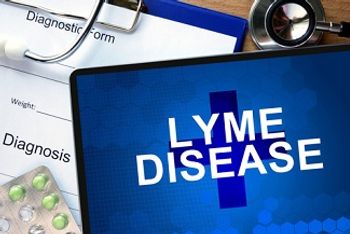
New report highlights potential for direct testing of the tick-borne disease.

The new epicenter of the outbreak is the Beni Health Zone in which 66% of the new cases have been reported since September.
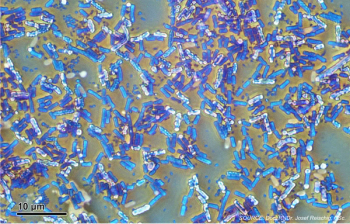
Probiotic Bacillus found to eliminate colonies of S aureus in mouse models and was associated with a lack of S aureus in human samples.
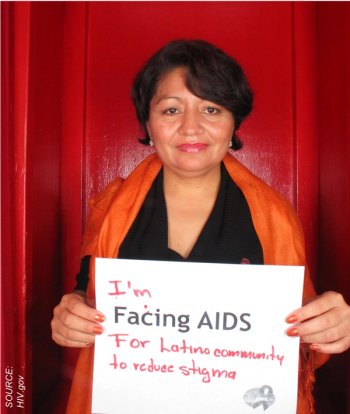
Although Latino women face higher barriers to HIV care than their male counterparts, a willingness to use support services may be a reason they fare equally well.

The Government of India Ministry of Health and Family Welfare has announced 22 confirmed cases of Zika virus in Jaipur as of October 8, 2018.

A recent report has described a case of wound infection with the bacterium Burkholderia thailandensis in a woman in Arkansas.
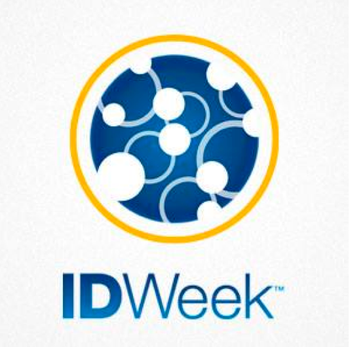
ID Week 2018 was held October 2-7, 2018, in San Francisco, California. The conference featured results of new studies on a variety of infectious disease topics as well as advancements being made in the field. Here are 5 key takeaways from the meeting.

We’ve rounded up a list of recalls issued by the US Food and Drug Administration (FDA) and the US Department of Agriculture (USDA) from this past week.

A study of more than 500 outpatient clinics reveals a new view of antibiotic overprescribing practices in the United States.

Stay up-to-date on the latest infectious disease news by checking out our top 5 articles of the week.
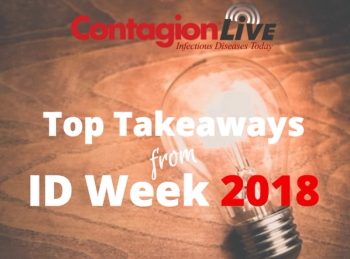
We sat down with several infectious disease experts to learn more about their research and asked them to share what they’re taking home from ID Week 2018.
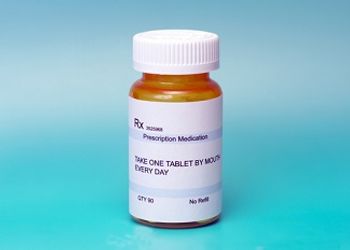
Approximately 10% of US patients report having an allergic relation to penicillin, yet only 1% of the population are truly allergic.

Cristen Whittaker, PharmD, explains the findings of an analysis that compared length of stay, readmission, and costs in patients with ABSSSIs who received oritavancin or vancomycin.
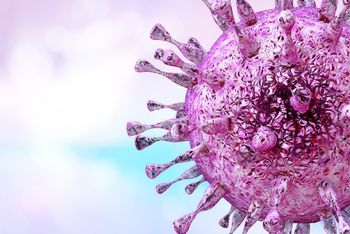
An eVLP cytomegalovirus (CMV) vaccine was found to be safe and immunogenic at very low doses in healthy seronegative adults.
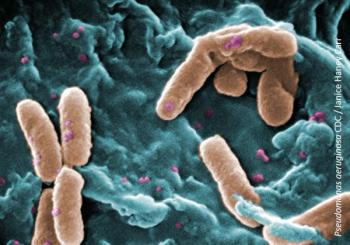
Jason Pogue, PharmD, BCPS-AQID, discusses the need for real-world data to support Ceftolozane/tazobactam and shares the findings of his comparative study on using the regimen to treat MDR/XDR Pseudomonas aeruginosa.

Taking a closer look at the infectious disease risks posed by transplantation and what the future might have in store as the scope of transplantation expands.

Keith Kaye, MD, presented the analysis of the RESTORE-IMI 1 phase 3 trial which evaluated imipenem/cilastatin/relebactam versus imipenem/cilastatin plus colistin.
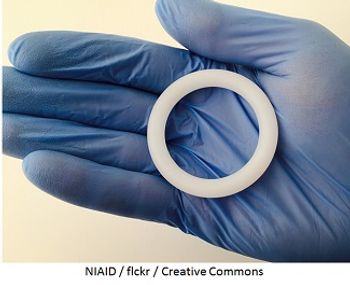
Three new trials, published in CID, highlight potential for intravaginal rings.

Melvin Weinstein, MD, discusses the current and emerging technologies for the laboratory diagnosis of bloodstream infections.
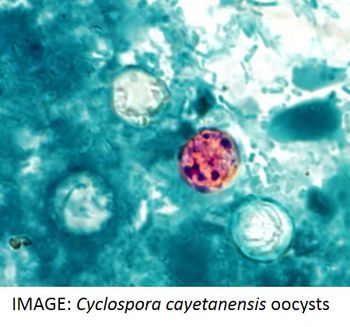
Following a significant spike in cases of cyclosporiasis, the CDC is investigating whether changes in diagnostic testing may be partially responsible for the rise in recent case counts.

Los Angeles County Department of Public Health is investigating an influx of cases of flea-borne typhus in downtown Los Angeles.

Sarah Kemble, MD discusses trends identified from 33 point prevalence surveys that were performed across the Chicago area to identify colonization of Candida auris.

The CDC and USDA-FSIS are investigating an outbreak of Listeria monocytogenes infections linked to ready-to-eat deli ham products.
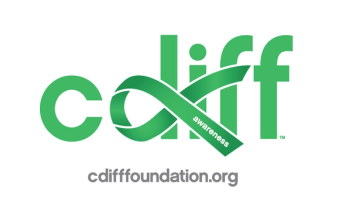
Neotrope announced the C diff Foundation as a recipient of the JL Simmons NonProfit PR Grant.

Long-term safety and efficacy data from the pivotal phase 3 EMERALD trial were presented at ID Week 2018.

Investigators from the University of Colorado Boulder have developed a strategy to fight antibiotic-resistant E coli using genetic disruption.